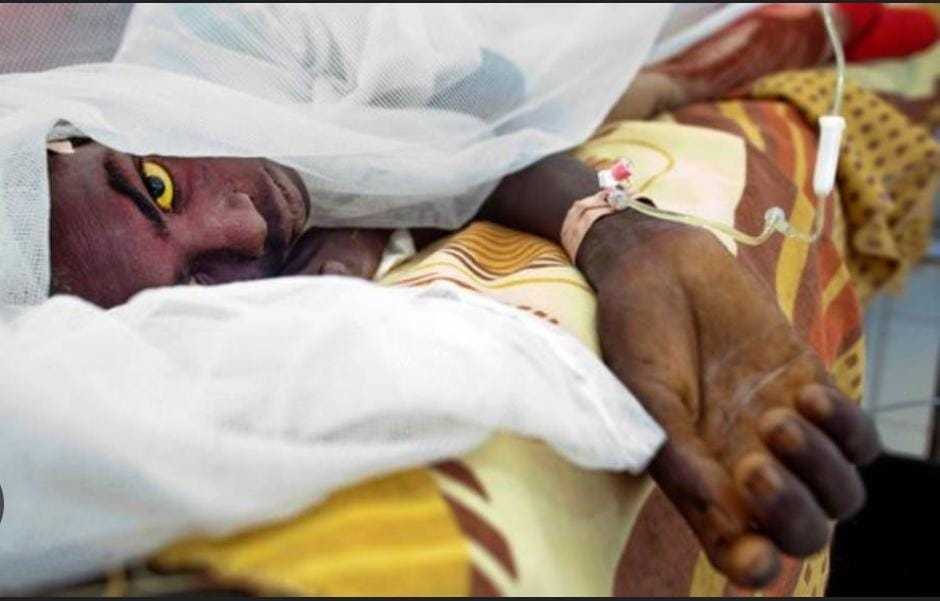CSM outbreak: Cases surge to 60, 14 dead in Upper West
Cerebrospinal Meningitis (CSM) has escalated into a major public health crisis in the Upper West Region of Ghana, with cases climbing from 42 to 60 and the death toll now at a heartbreaking 14. Health authorities are urgently ramping up efforts to contain the outbreak, but challenges such as misdiagnoses, delayed treatments, and the high cost of healthcare are exacerbating the situation, contributing to a rising number of fatalities.
Dr. Damien Punguyire, the Regional Health Director, expressed serious concerns over the increasing death toll, attributing many of the fatalities to initial misdiagnoses. Several patients’ conditions were wrongly identified as malaria, delaying the crucial treatment needed for CSM. “Unfortunately, improper treatments often lead to complications, leaving individuals vulnerable to more severe symptoms. By the time they seek proper care, it is often too late,” Dr. Punguyire explained.
CSM, an infection of the membranes surrounding the brain and spinal cord, requires prompt diagnosis and swift medical intervention. The symptoms—fever, headache, neck pain, and body aches—often overlap with those of malaria, which has led to confusion in many cases. As a result, patients are given incorrect treatment that does not target the meningitis, allowing the disease to progress unchecked.
In response to the worsening outbreak, regional health officials are taking significant measures to combat the crisis. Plans are being considered to provide free treatment for those diagnosed with CSM in order to alleviate the financial burden on families already struggling with the rising costs of healthcare. In addition, public awareness campaigns are being launched to educate the population about the importance of early medical intervention.
Dr. Punguyire stressed the need for prompt action. “Early diagnosis and treatment are absolutely crucial in preventing unnecessary deaths from this disease,” he said. “If someone experiences prolonged fever, neck pain, or body aches, they must seek medical attention immediately.”
The region’s health authorities are also emphasizing preventative measures to reduce the spread of the disease. Dr. Punguyire encouraged the community to avoid overcrowding, maintain proper hygiene, and drink plenty of fluids to keep the throat moist and prevent bacterial entry. These simple steps can help minimize the risks associated with CSM.
With no effective vaccine currently available for the disease in the region, health experts are stressing the importance of heightened vigilance, early diagnosis, and proper treatment to save lives. Dr. Punguyire remains hopeful that with the right interventions, no more lives need to be lost to this deadly infection. “With timely diagnosis and proper care, nobody should die from this disease,” he reassured.
As the outbreak continues to unfold, the Upper West Region faces a battle not just against the disease itself, but against the various barriers to accessing timely and effective treatment. However, with concerted efforts from health authorities and greater public awareness, there is hope that the tide can be turned before more lives are lost.





















































